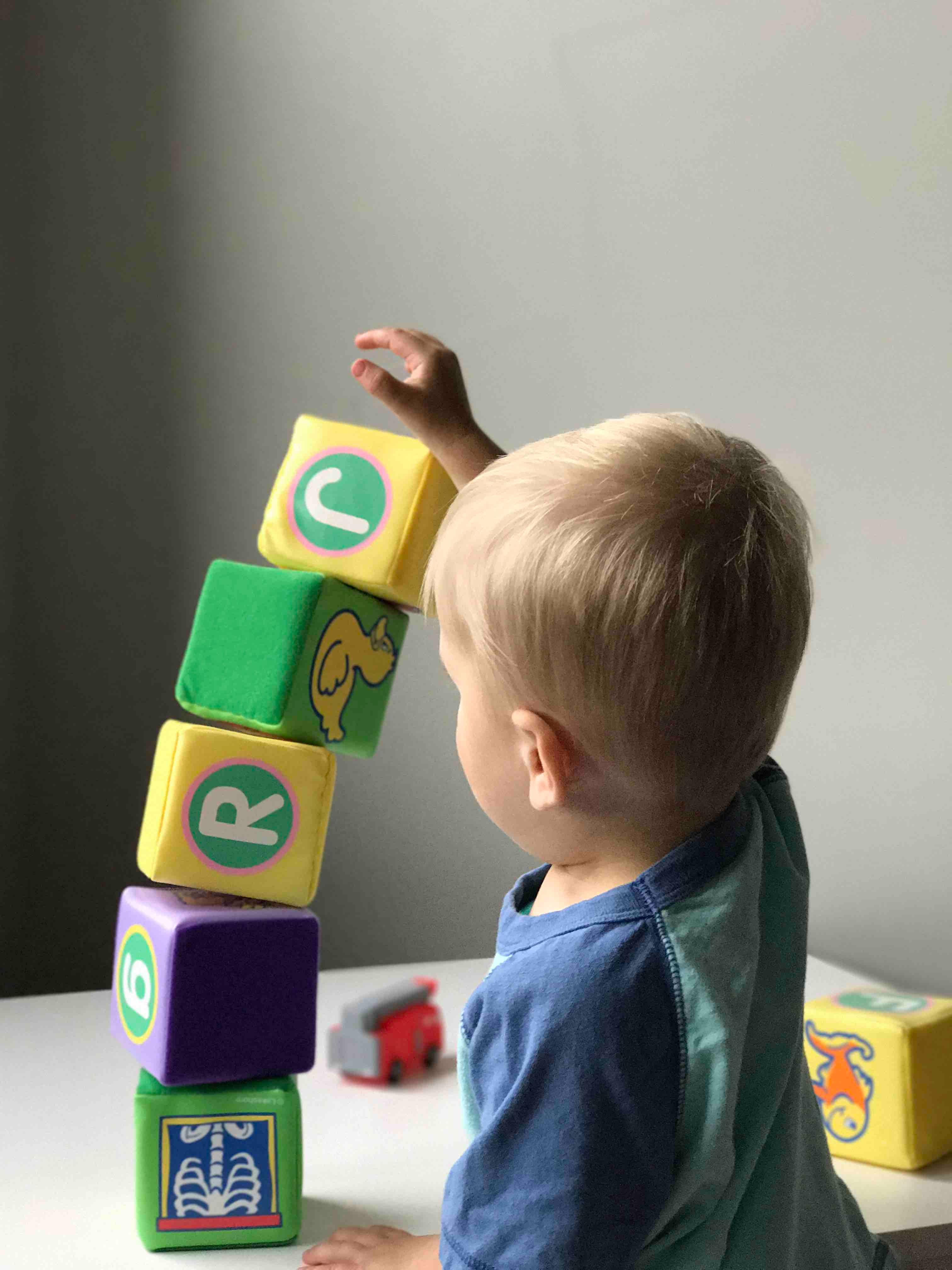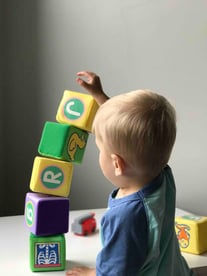The Stages of Development for Children
Posted by May Recreation Content Team on

Many people don’t understand how important it is for children to play and learn how to play. They often see it as something inconsequential that children do to have fun or let off steam. The truth is though, is that play is very important for a child’s emotional, physical, psychological, and social development. It helps them not only learn how to function in the world but also how to understand and navigate it.
Researcher Mildred Parten studied children at play and identified six stages of play that children experience. It is a progression that children work through, building their speech, social, conflict resolution, cooperation, problem-solving, empathy, and more.
Unoccupied Play (Birth to 3 Months)
At this age, children do not seem to have an organized play pattern. They are mostly still, and their play doesn’t seem to make much sense. The truth is, at this stage, babies are exploring their environment and seeking sensory stimuli from a variety of different sources.
Lessons Learned: Self-discovery, self-control, and the world around them.
Solitary Play (Birth to 2 Years)
A child has reached this stage of play development when they are able to entertain themselves and not require any other type of social involvement. They may not even notice other children, preferring to keep to themselves and continue the discovery on their own. Solitary play at this age is normal.
themselves and not require any other type of social involvement. They may not even notice other children, preferring to keep to themselves and continue the discovery on their own. Solitary play at this age is normal.
Lessons Learned: Motor skills, cognitive skills, preparation for playing with others
Spectator/Onlooker Behavior (2 Years)
Children who are content to sit on the sidelines and watch other children play but never join in are onlookers. Watching other children is an active part of their play and it is a type of engagement. Many parents mistakenly believe that their child who plays this way is lonely or a social outcast, but it is actually a very normal play stage.
Lessons Learned: Different ways to play, relationships, social rules regarding play
Parallel Play (2+ Years)
At this stage, children will play in the same vicinity as each other but not together. They may play in the same room, but each is engaged in his or her own project. Even if they are playing the same game, they aren’t playing together. This is another very normal play stage for children.
Lessons Learned – New ways to engage with others, practice play skills, learn play skills that involve playing with another person
Associate Play (3 Years to 4 Years)
This stage of play indicated that the child is maturing and moving into another type of play and social interaction. The child’s attention shifts from the toy or activity and onto the other child who is engaged in the play.
Lessons Learned: Social skills, practice skills learned during earlier stages, cooperation
Cooperative Play (4+ Years)
This is the highest level of play for children and involves the cooperation of all children present. At this stage, children may work together to create rules for play and goals for the group. This is an advanced play skill and very young children may have a difficult time at times. Conflict is a normal part of this stage so parents or caregivers should stay close to help children navigate the many social skills they will experience and learn.
Lessons Learned: Learn vital social and relational skills (how to work together, share, negotiate control, and take turns.), problem-solving, expressing emotions in a healthy way
You can support your child through each of the stages by helping them work out issues but not interfering. Be there to give support and gentle guidance as well as maintain a safe environment. This is a wonderful time for your child as they explore the world around them and learn how to function in it.
Playing with your child in the great outdoors is not just a lesson in social structure and the skills involved with playing, it is also a chance to bond and establish security as your child grows and begins to explore the world on their own. Community parts are a fantastic outlet for parents and children to truly experience play. In East Texas, May Recreation is an industry leader in innovative, stimulating playground equipment. Contact us today to find out how you can bring our exciting playground products to your community park.
